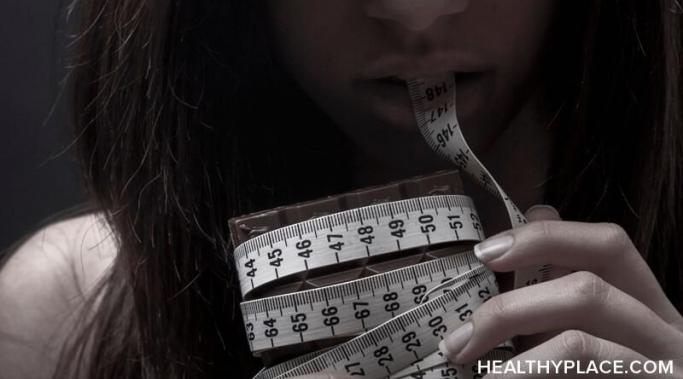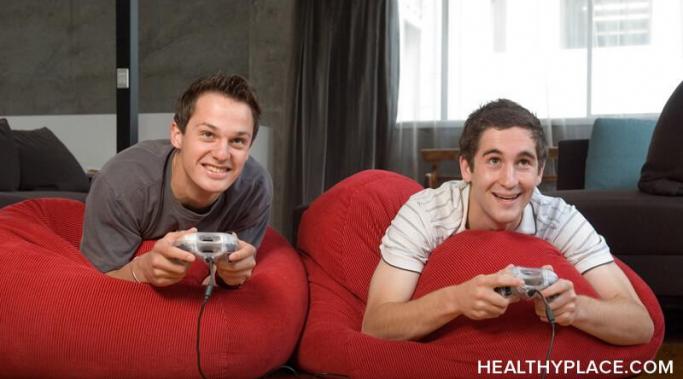Blogs
How do you know if it's the "baby blues" or postpartum depression? Learn how to tell the difference and what to do if you think it is postpartum depression.
I’ve been hearing voices for a long time--almost 23 years. So, I didn’t think anything I experienced during a schizoaffective voices episode would surprise me anymore. Well, I was wrong. The voices I heard a few days ago were very different from anything I previously experienced.
As a self-harmer, you can easily become convinced that choosing to hurt yourself, rather than others, is the right thing to do. But if there's one thing I learned from my own self-harm experiences, it's that hurting yourself to help others rarely works out the way you hope it will.
Help is available for anxiety. Sometimes, it doesn't seem like it. Anxiety is so common it's almost accepted as a fact of daily life that must be tolerated. On the other hand, though, many people have a hard time admitting that they experience anxiety for fear of being judged negatively for seeking help. Further, anxiety's symptoms are strong, and it can often seem like nothing can help. These are all illusions (albeit strong ones). Behind them lies the truth: anxiety is treatable and manageable, and you can find help for your journey away from anxiety and into a peaceful life. These suggestions can point you to anxiety help that works for you.
In the middle of some of the hectic days I've had with my child and his attention-deficit/hyperactivity disorder (ADHD), I've often wondered: what causes mental illness in children, and what does that mean for me as a mother?
One frequent trap I fall into when I become too complacent in eating disorder recovery is an urge to romanticize the past. I reflect on all those years I was consumed by anorexia with a kind of nostalgia that whispers, "Remember how in control you felt back then? Remember the rush of satisfaction that came each time you skipped a meal? Remember the sense of power that intensified with each mile you ran on the treadmill? Remember how proud you were to have a small, narrow body? Don't you want to feel like this again?"
Living with mental illness or mental health challenges can be frustrating. It can complicate the stuff of life, such as making and keeping friendships. In the last post, we explored some obstacles mental illness throws in the way of friendships, as well as a vital first step in friendships: becoming a friend to yourself. Now we'll turn to some practical tips for making friends when you are dealing with mental health difficulties.
Have you ever pretended to be someone else at work? I don't mean faking confidence or competence; I mean faking your personality. For example, let's say you like to spend your breaks listening to music by yourself but everybody else in your workplace likes to hang out and chat. Even though you don't like it at all, you join them day after day merely to fit in. The longer you keep up this facade, the harder it is to stop and be true to yourself. It may seem harmless but behavior like this can cause as well as worsen depression. Let me explain with a real-life story.
I know it might sound odd, but sometimes I miss being sick. I've gotten so much better over the past few months, and there is a small part of me that misses being sick, and I'm willing to bet I'm not the only one who's ever felt this way. So, let's talk about it.
If you build confidence, you can reduce your anxiety. This is because anxiety is often characterized by feelings of fear and worry. When you experience chronic anxiety, these feelings of fear and worry may persist, and it can be challenging to overcome. Chronic anxiety can continuously affect the person experiencing it, and the individual may find that they periodically experience panic attacks and other physical symptoms of anxiety.









